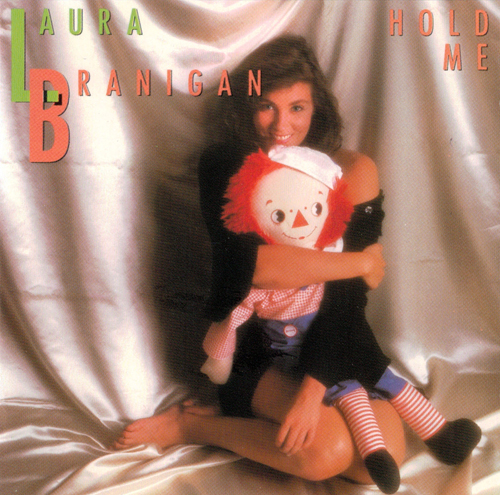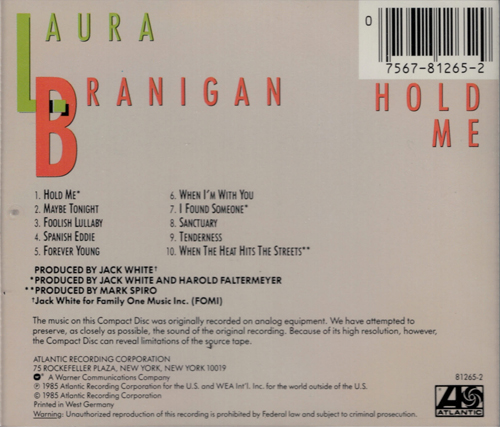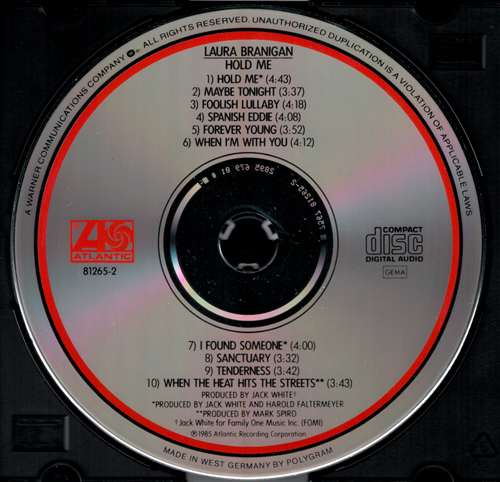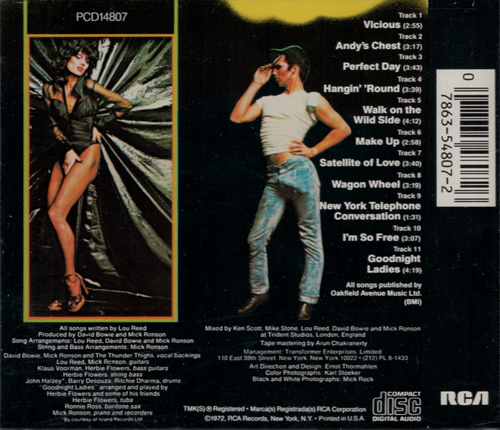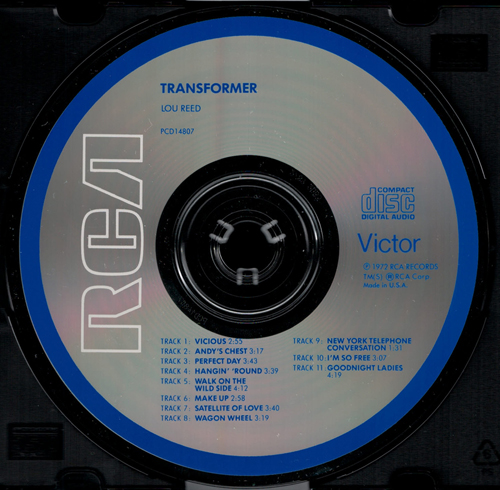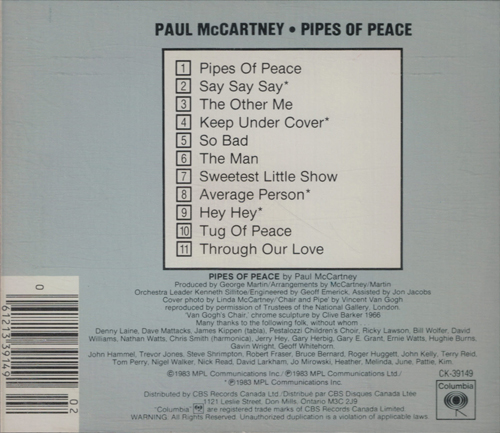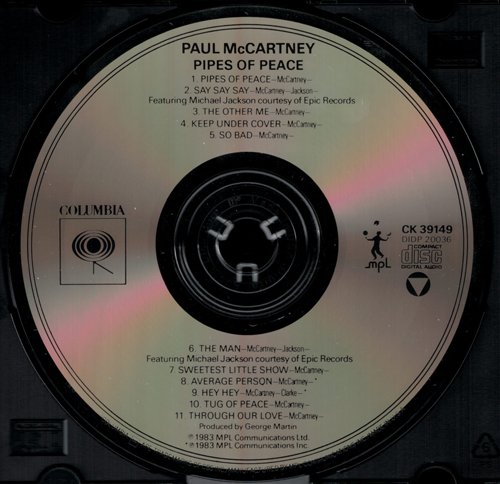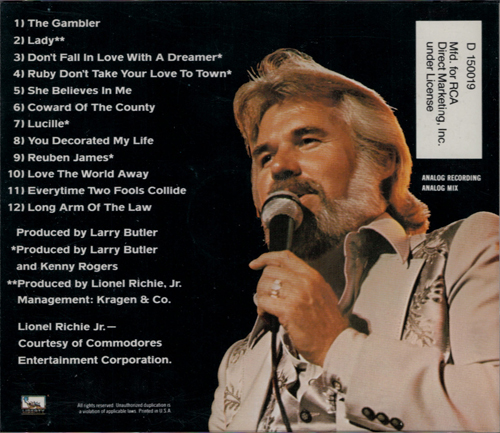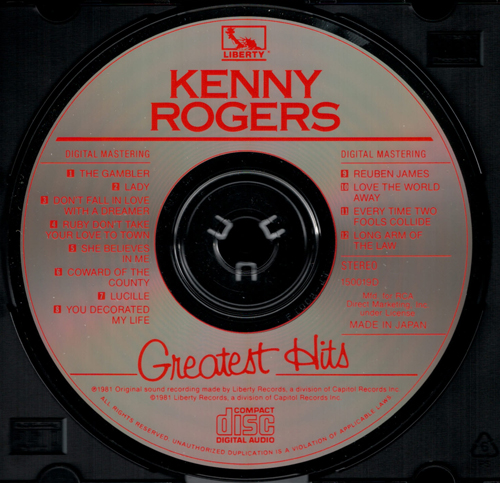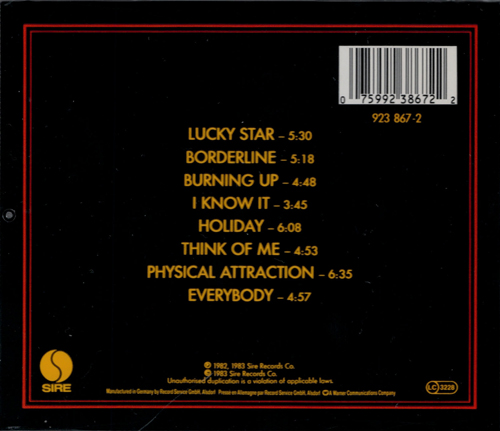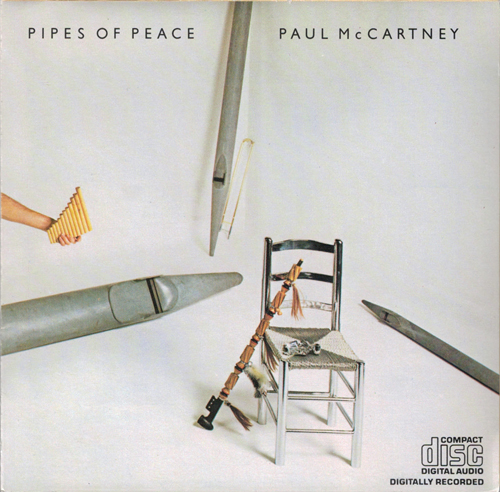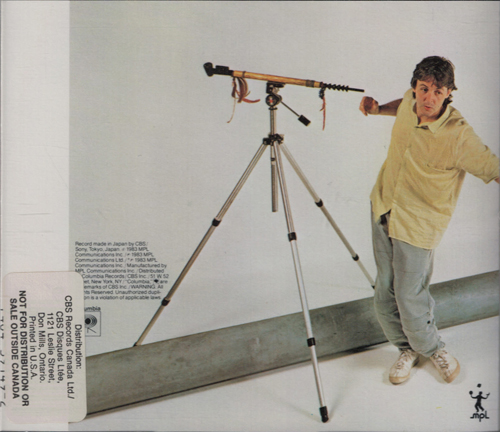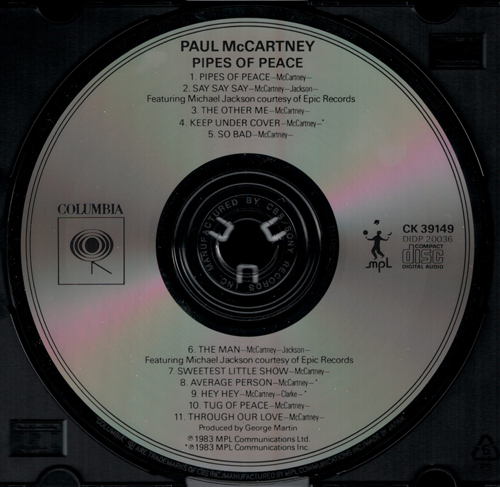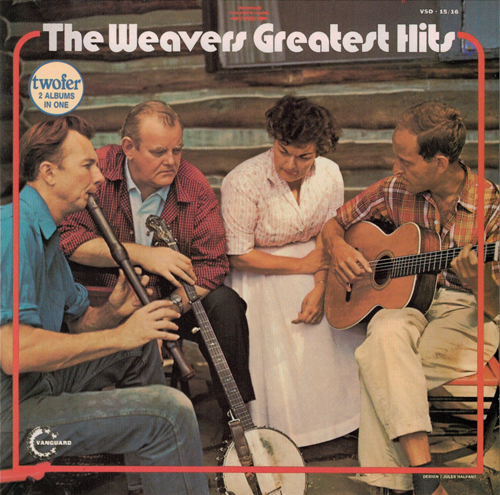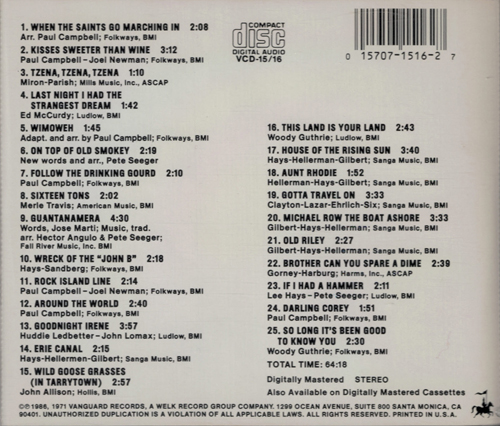go Greatest Hits Vol. 2">The rare Canadian Atlantic issue of ABBA Tramadol Online Prices Greatest Hits Vol. 2
August 26th, 2017
Back in 2012, we discussed the rarity of a Canadian CD release of ABBA’s Super Trouper album on Atlantic Records. That post can be found here. As noted, the Super Trouper inserts were printed in Canada, but the disc was pressed in the U.S. The disc is still unique as a Canadian release since it bears Atlantic’s Canadian catalog number and reference to WEA Music of Canada Ltd. We noted in 2012 that the standard U.S. Atlantic issue of Super Trouper is rare and that the featured Canadian issue is considerably rarer. Here we consider another very rare Canadian Atlantic ABBA CD.
Today’s featured title is the ABBA compilation Greatest Hits Vol. 2. This is a 14-track offering including staples such as “Take a Chance on Me”, “Money, Money, Money”, and “Dancing Queen”. Atlantic released Greatest Hits Vol. 2 on CD in the U.S. under catalog number 16009-2. In Canada, it was released under the catalog number variant CD 16009. For this Canadian release, the disc was pressed in Canada and the inserts were printed in Canada.
The Canadian pressing of Greatest Hits Vol. 2 shares the same label design as the more common U.S. counterpart — red and black rings around the perimeter, a red Atlantic logo, black text, and no paint coating. The disc was pressed by Cinram and has “MFG BY CINRAM” stamped in the mirror band. The text “MADE IN CANADA BY CINRAM LTD.” is also printed along the perimeter of the CD at 6 o’clock. The catalog number is stamped in the mirror band as “CD-16009”, and the matrix code is “#880613AA”. The matrix code suggests that the disc was pressed in 1988.
The Greatest Hits Vol. 2 disc has the following text printed beneath the CD format logo at 3 o’clock: “MANUFACTURED BY WEA MUSIC OF CANADA LTD. A WARNER COMMUNICATIONS COMPANY”. As with Super Trouper, the Canadian issue of Greatest Hits Vol. 2 is much rarer than the U.S. release. Shown below are the inserts and CD for the Canadian Atlantic issue of Greatest Hits Vol. 2.
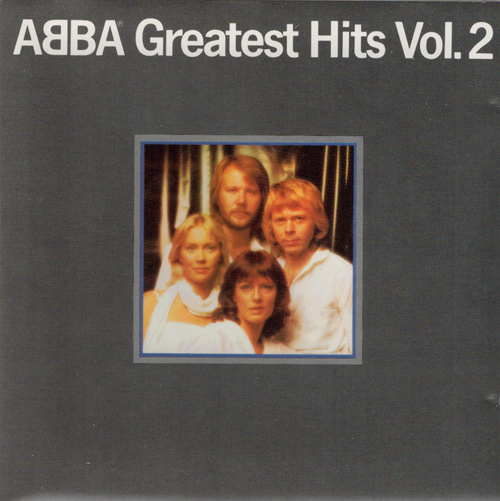
The cover for the Canadian issue of ABBA http://monanniecakes.com/wp-cron.php?doing_wp_cron=1589402682.7340269088745117187500 Greatest Hits Vol. 2 (Atlantic, catalog number CD 16009). This is the standard cover artwork for this compilation.
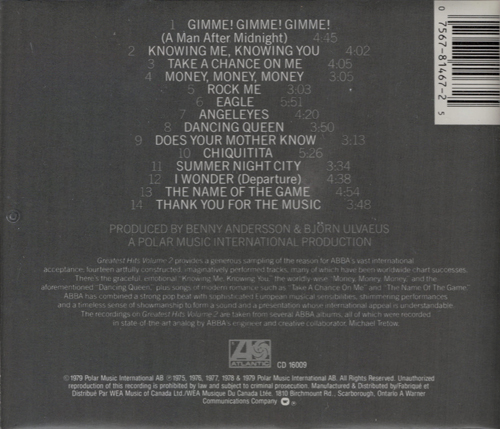
The back insert for the Canadian issue of ABBA Greatest Hits Vol. 2 (Atlantic, catalog number CD 16009). Note the Canadian copyright paragraph at the bottom as well as the Canadian catalog number next to the Atlantic logo.
![]()
A spine label for the Canadian issue of ABBA Greatest Hits Vol. 2 (Atlantic, catalog number CD 16009). It is identical to the spine label for the U.S. issue except for the catalog number. The U.S. catalog number for Greatest Hits Vol. 2 is 16009-2.
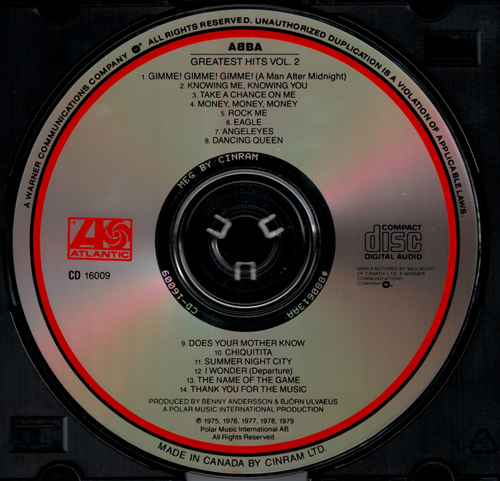
The Canadian issue of ABBA Greatest Hits Vol. 2 (Atlantic, catalog number CD 16009). Note the backwards ‘B’ in ABBA at 12 o’clock, a detail of the band’s official logo. The disc was pressed by Cinram as noted by “MFG BY CINRAM” stamped in the mirror band and “MADE IN CANADA BY CINRAM LTD.” printed along the perimeter. Note the text at 3 o’clock referencing WEA Music of Canada Ltd. The matrix code is “#880613AA”. This matrix code suggests the disc was pressed in 1988.
